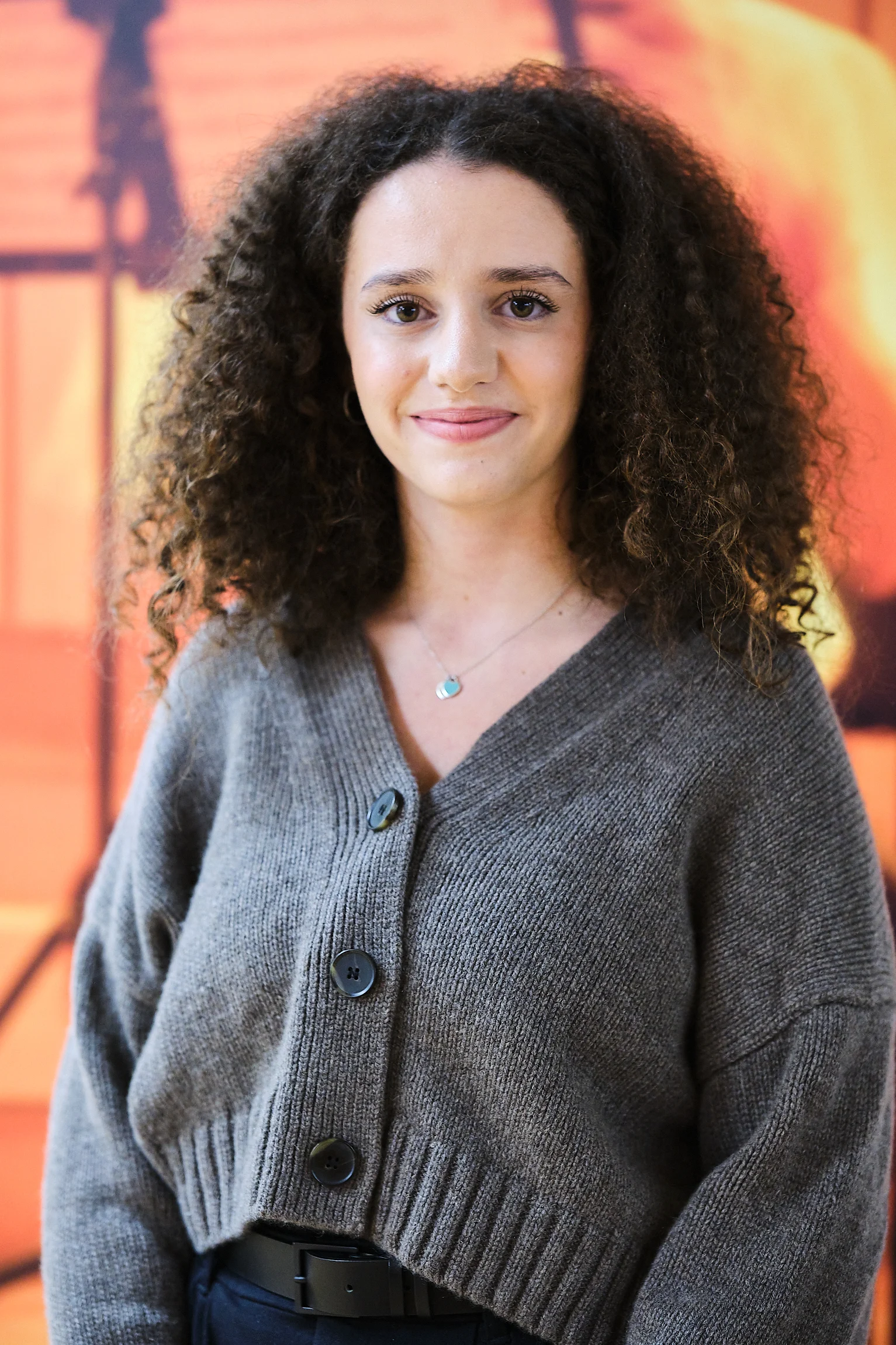Katerina
MRes Machine Learning and Big Data in the Physical Sciences

Katerina is from Greece and studying MRes in Machine Learning and Big Data in the Physical Sciences at Imperial. She shares what inspired her to apply to Imperial, how the MRes prepared her for her future career in research and her experience living in London as an international student.
Why Imperial?
During my undergraduate degree in Physics, I discovered my passion for machine learning, scientific computing and research. After graduation, I wanted to study for postgraduate degree in the field of machine learning in physics.
I chose to study at Imperial for my postgraduate degree because of the unique opportunity to join a research group and carry out world-class research.
Studying an MRes in Machine Learning and Big Data in the Physical Sciences has prepared me for the next step in my career which is a PhD in the field.
What has surprised me most at imperial is how friendly and approachable the academics are. I have never felt that I don't have someone to talk to, even when I was stressed and under pressure. I felt supported by my research group and generally in the Department of Physics.
As an international student, I think London is a great city to live in. You can do something different every weekend, from visiting the Victoria and Albert Museum to going to your favourite artist's concert. The options are endless.
Scholarship success
I was lucky enough to be awarded the Alvin Li-Shen Chua Memorial Scholarship, which is awarded to one student from the MRes each year.
The day I found out was the highlight of my year. For me this award is important since it recognises my hard work and is a constant motivation to improve and perform my best each day.
This scholarship, apart from paying part of my tuition fees, has also helped make meaningful connections during Imperial scholar's events.
Preparation for a PhD
The best and most challenging part of my MRes was the research project. I chose to work on tracking with quantum computers in high energy physics.
My project focussed on exploring the usage of quantum computers in combination with machine learning in particle tracking. The aim essentially was to explore new computation methods to deal with the increase in data size and complexity that is expected from future experiments.
With the help of Imperial's Careers Service, my course directors and my project supervisors, I managed to get a fully-funded PhD in Particle Physics
When I first came to Imperial, I had a rough idea of what I wanted to do next which was a PhD in the field of Machine Learning in Physics.
As I started my Master's and had to choose my current research project, things started to become clearer. With the help of Imperial's Careers Service, my course directors and my project supervisors I managed to get a fully funded PhD in Particle Physics from the University of Bristol for September 2024.
Career support from day one
Our Careers Service can help sharpen your competitive edge and unlock new opportunities in a world top 10 city for graduate employment.
(QS Best Student Cities 2025)